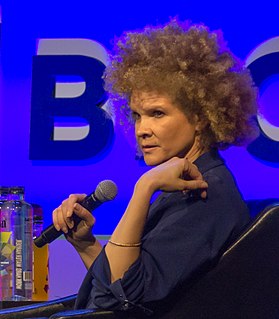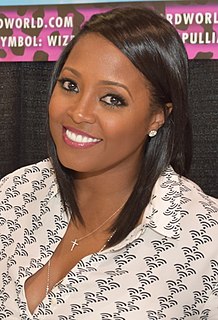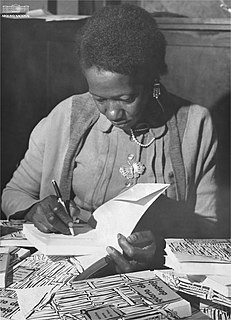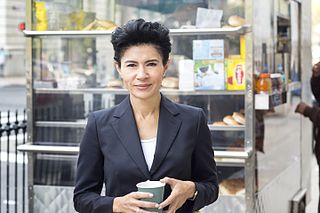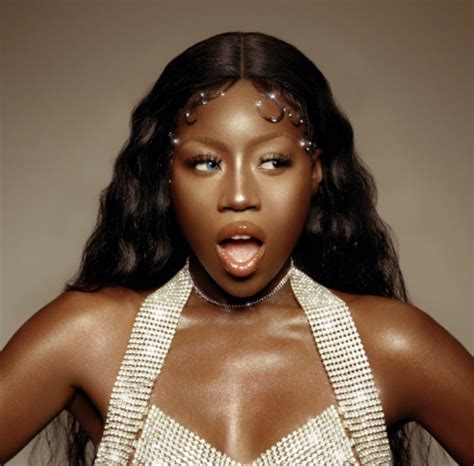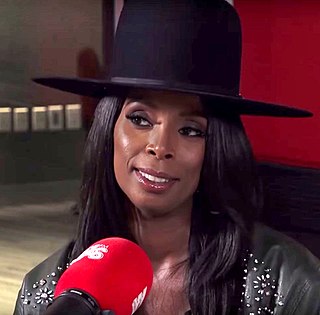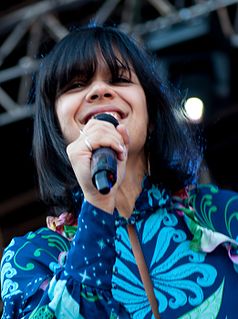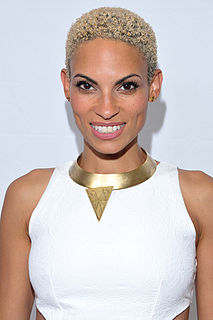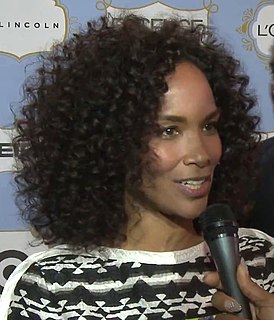A Quote by Michaela Angela Davis
How I grew to believe Black hair has power, genius, and magic in it, defying gravity and limitation. I mean, look at how marvelous it is: Black hair grows up and out.
Related Quotes
I adore my black skin and my kinky hair. The Negro hair is more educated than the white man's hair. Because with Negro hair, where you put it, it stays. It's obedient. The hair of the white, just give one quick movement, and it's out of place. It won't obey. If reincarnation exists I want to come back black.
When I have my Afro and walk down the street, there's no doubt that I'm black. With this [straightened] hair, if I talk about being black on air, viewers write and say, "You're black?!" I feel [straightening your hair] is giving up a sense of your identity. Let's be honest: It's an effort to look Anglo-Saxon.
I grew up in Columbia, Maryland, a planned community built during the sixties. During the early years, it was very integrated. I grew up being taught by black teachers with black principals and vice principals and, you know, a lot of black friends. We played in mixed groups, and I kind of thought that was how it was.
I would say I'm black because my parents said I'm black. I'm black because my mother's black. I'm black because I grew up in a family of all black people. I knew I was black because I grew up in an all-white neighborhood. And my parents, as part of their protective mechanisms that they were going to give to us, made it very clear what we were.
